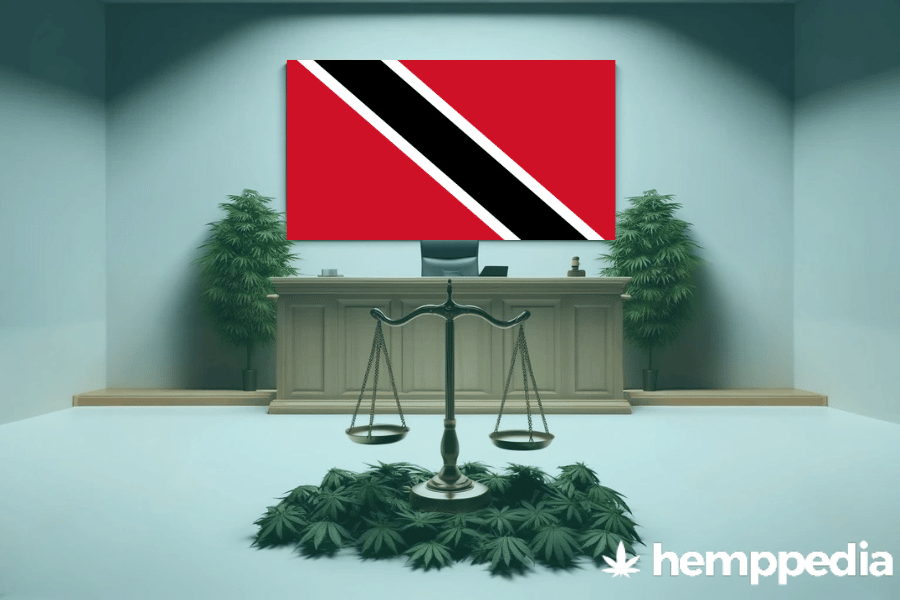TL;DR
In Trinidad and Tobago, cannabis has been decriminalized, but not fully legalized. A significant condition is that only possession of small amount (up to 30 grams) is allowed, anything beyond that remains a punishable offense. Medical use is still not yet legalized. Here is how it looks:
| Recreational Use | Medical Use | |
|---|---|---|
| THC | Up to 30 grams decriminalized | Not Legal |
| CBD | Up to 30 grams decriminalized | Not Legal |
Introduction
Around the world, many countries and states have been reassessing their cannabis laws, some moving toward legalization while others impose stricter controls. Understanding these different legislative approaches is key to navigating the fluctuating landscape of cannabis regulation.
Overview of Cannabis Legislation
Legalization refers to the act of making cannabis legal for use under certain conditions, often including both recreational and medical use. Decriminalization, on the other hand, decreases the penalties for cannabis possession, removing jail time as a consequence in most cases, often replaced by a fine or civil penalty. Medical use pertains to the use of cannabis, often in the form of CBD, for the treatment of certain health conditions, as prescribed by a health professional. Recreational use refers to the consumption of cannabis purely for personal enjoyment. In any case, the scope and specifics of these laws vary widely around the globe.
State-Specific Legal Details
Legal Status
In Trinidad and Tobago, the Dangerous Drug Act was amended in 2019 to decriminalize the possession of up to 30 grams of cannabis. It remains illegal for medical use.source
Historical Context
Before the amendment in 2019, possession of any amount of cannabis in Trinidad and Tobago was considered a crime that attracted severe penalties. The decriminalization in 2019 was received with mixed reactions from the citizens, with the legislation being seen as a stepping stone towards full legalization by some and as opening doors to societal ills by others.
Possession and Use
Cannabis users in Trinidad and Tobago are allowed to carry up to 30 grams of cannabis. Possession of between 30 to 60 grams is punishable with a fixed fine while amounts over 60 grams are considered trafficable which can lead to jail time if convicted. Consumption of cannabis is only allowed within the privacy of one’s residence.
Cultivation and Distribution
Each household is allowed to cultivate up to four cannabis plants. There are restrictions on the selling or gifting of cannabis products, and the current legislation does not provide a framework for commercial cultivation or distribution.
Enforcement and Penalties
Violation of the cannabis laws is enforced by the Trinidad and Tobago Police Service. Penalties include fines and jail time, especially for trafficking offenses.
Social and Economic Impact
So far, the decriminalization of cannabis appears to have reduced the burden on the criminal justice system in Trinidad and Tobago. However, more research is needed to fully understand the potential economic and societal effects.
Comparative Analysis
Compared to some other countries within the Caribbean such as Jamaica, Trinidad and Tobago has a stricter approach to cannabis legislation, where Jamaica has partially legalized cannabis for medical, religious, and personal use.
Future Outlook and Ongoing Debates
There are ongoing debates about the full legalization of cannabis in Trinidad and Tobago, reflecting the global tension between enforcement and decriminalization.
Conclusion
As the global landscape of cannabis legislation continues to evolve, Trinidad and Tobago, like many other countries is grappling with finding a legal balance that respects freedoms, promotes social justice, and protects public health. As such, the discussion surrounding cannabis legislation in Trinidad and Tobago is sure to continue in the years ahead.





